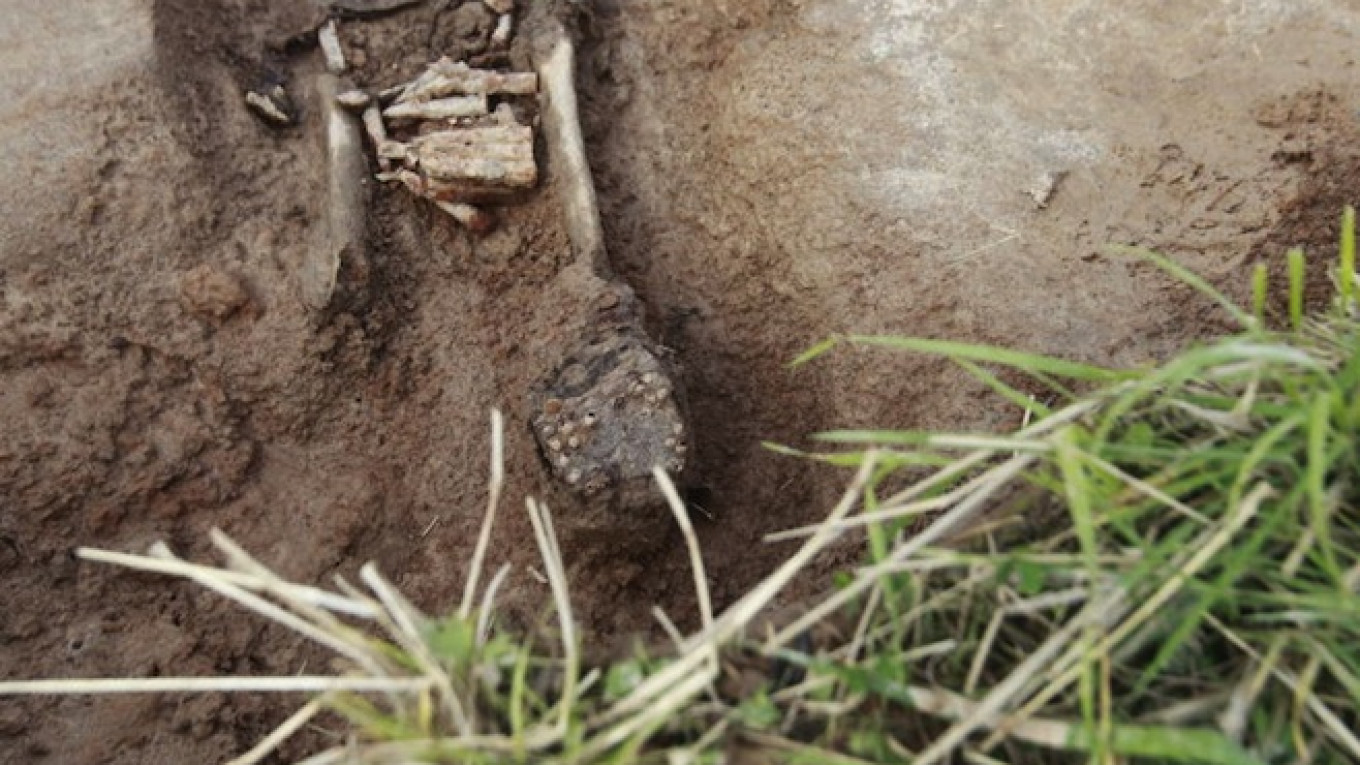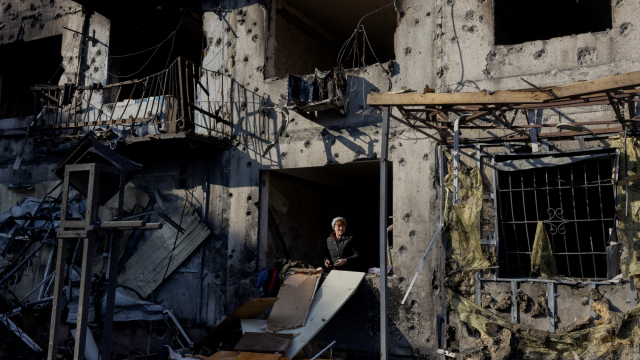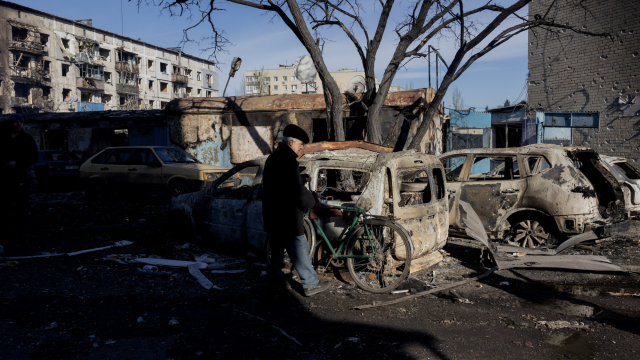A team of Defense Ministry archeologists unearthed the remains of Japanese and Soviet soldiers during an expedition to the Kuril island of Shumshu, where a decisive World War II battle was fought some 70 years ago.
"During the excavation … we found the remains of 10 Soviet Army soldiers and five Japanese soldiers," Defense Ministry spokesman Alexander Gordeyev said in comments carried Monday by state-run news agency RIA Novosti.
"The remains of the Soviet soldiers have been transferred to representatives of the North Kurils municipal administration for a ceremonial burial, and the remains of the Japanese soldiers will soon be transferred to the Japanese side," Gordeyev added.
In addition to the soldiers' remains, the expedition uncovered an American fighter jet that was flown by Soviet soldiers during World War II, a Japanese Ka-Mi amphibious tank, and two Japanese trains, the report said.
Shumshu, which is located on the northern tip of the Kuril archipelago, played host to one of the final battles of World War II in August 1945, when Soviet forces invaded the territory then-occupied by Japan. Fortifications, pillar boxes and bunkers can still be found on the island, which today is primarily uninhabited.
The Kuril Islands remain a source of tension between Russia and Japan. An ongoing dispute over rightful ownership of the southern Kurils has prevented the two countries from concluding a formal World War II peace treaty.
The Defense Ministry trip to the Kurils, which was carried out under the auspices of Russia's Geographical Society, ran from Sept. 8 to Sept. 25.
A Message from The Moscow Times:
Dear readers,
We are facing unprecedented challenges. Russia's Prosecutor General's Office has designated The Moscow Times as an "undesirable" organization, criminalizing our work and putting our staff at risk of prosecution. This follows our earlier unjust labeling as a "foreign agent."
These actions are direct attempts to silence independent journalism in Russia. The authorities claim our work "discredits the decisions of the Russian leadership." We see things differently: we strive to provide accurate, unbiased reporting on Russia.
We, the journalists of The Moscow Times, refuse to be silenced. But to continue our work, we need your help.
Your support, no matter how small, makes a world of difference. If you can, please support us monthly starting from just $2. It's quick to set up, and every contribution makes a significant impact.
By supporting The Moscow Times, you're defending open, independent journalism in the face of repression. Thank you for standing with us.
Remind me later.






